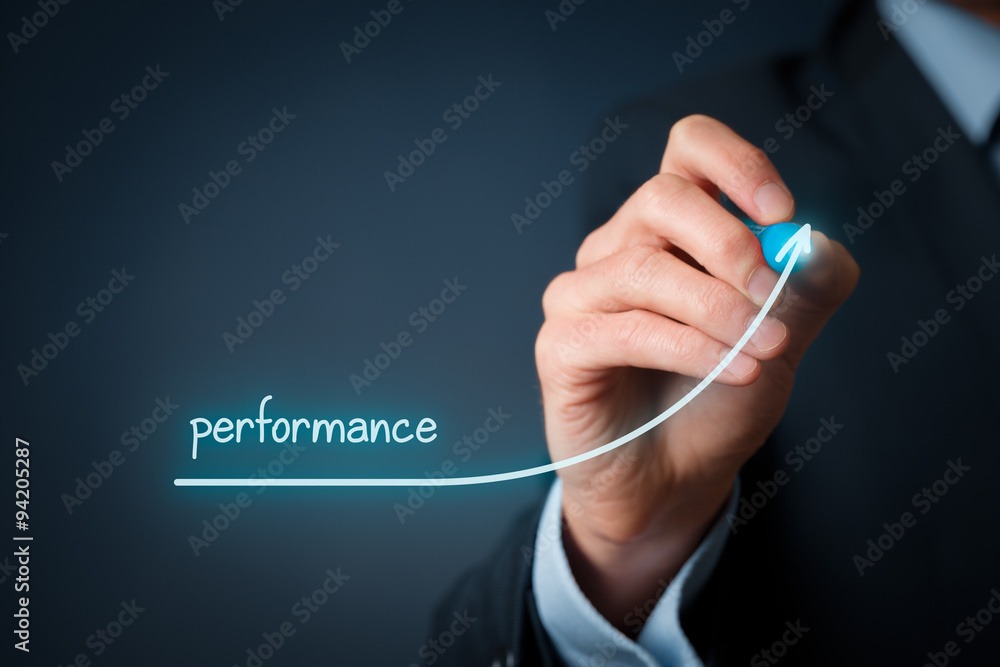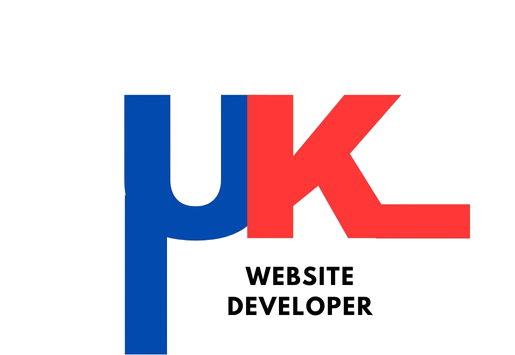WordPress Performance Tuning London – Make Your Website Faster than Ever Before
Performance: Learn WordPress performance tuning in London and master speed optimisation to improve user experience and search engine ranking, all in one place!
Introduction

Think about this: a customer visits your WordPress website hoping to browse your services. Instead of a smooth surfing experience, they face slow loads as well as frozen pages for what seems like ages. When they actually get annoyed and leave the page, they have no plans on coming back for good. It is said that 40% of users abandon a page if it takes longer than 3 seconds to load, which is why performance optimisation is extremely important.
In a fast-paced environment such as London, knowing how to properly execute WordPress performance tuning can help you stand out from the crowd, especially since the competition is stiff and online presence is pivotal. Whether you manage a brick-and-mortar shop, an online store, or a blog rich in content, optimising your site will guarantee quicker loading speeds, improved SEO results, and satisfied visitors.
This article explores the world of WordPress performance tuning in London. We will discuss its importance, implementable tips to enhance your website’s speed, technologies that ease the process, and case studies of businesses that improved their operations through optimisation. By the conclusion, you will have a detailed action plan to make your WordPress site superfast and sustainable.
Why WordPress Performance Tuning Matters in London
The Business Impact of Slow Websites
Consumers’ expectations are high in a metropolitan city like London. If something loads slowly, it can spell disaster. As stated by Google data, 53% of mobile users abandon sites that take longer than 3 seconds to load. Associated with this are missed opportunities, sales, and reputational damage.
How Having a Fast Website Benefits SEO
Fast-loading websites are prioritised by Google and other search engines, impacting their ranking. Additionally, Backlinko conducted a study and found that the pages ranking on the first page of Google load in under 1.65 seconds on average. By optimising your WordPress site, you provide a better user experience and improve your ranking in searches.
Real-World Example: London-Based Boutique Case Study
A boutique fashion retail store located in Soho suffered from high bounce rates due to slow page speeds. After implementing performance tuning techniques such as caching, image optimisation, and using a Content Delivery Network (CDN), their site load speed dramatically increased from 8 seconds to under 2 seconds. As a result, the business experienced a 35% increase in sales within three months.
Primary Components Impacting WordPress Performance
Quality of Hosting
The hosting provider that you use dictates the speed at which your site loads. While shared hosting plans may seem attractive due to the lower price, they often lead to lower performance because the server resources are shared. Using WordPress managed hosting providers, such as WP Engine and Kinsta, are better suited for reliability and performance.
Oversized Media Files
The use of high-quality online images and videos directly affects your site’s speed. To optimise load time, the file must be compressed without any loss in quality.
Plugin Overload
While plugins add functionality to a WordPress blog, they come at a cost. Each additional plugin increases the number of HTTP requests, thus increasing loading time. Audit regularly and remove any unused plugins.
Unoptimised Code
In addition to untidy and oversized themes, unoptimised code is also inadequate. Always select lightweight themes, and don’t forget to minify the site’s CSS, Javascript, and HTML files.
Tighten WordPress Performance in London – A Step Guide
Step 1: Selecting A Good Hosting Provider
For businesses located in the UK, the geographical presence of data centres can play a huge role in latency reduction. Take a look at Heart Internet, UK-based hosting service that comes in handy with both customer service and performance.
Step 2: Make Sure Caching is Enabled
Static versions of a website save less complicated forms of web pages, thus decreasing the server load. They are also beneficial in terms of speeding up the delivery of cache pages. Some of the more popular caching plugins are:
- W3 Total Cache: Very advanced and offers browser cache and database optimisation.
- WP Super Cache: Simplified caching from WP but works well for novices.
Step 3: Optimise Images
Irrelevant large images cause slow loading speeds. Compressing images can be done using these tools:
- Smush: Website that automatically compresses and optimises website photos for you.
- ShortPixel: Allows high-quality image reduction.
Step 4: Use A Content Delivery Network (CDN)
A CDN ensures faster delivery to users in London and other distant locations by distributing your content over several servers positioned globally. Popular choices include Cloudflare and StackPath.
Step 5: Code Minification
Minifying your code will increase its efficiency as it involves getting rid of non-essential elements like comments and extra spaces. This task can be automated with ease using plugins such as Autoptimize.
Step 6: Monitoring And Testing
Performance testing of your website should be conducted routinely and can be achieved by using:
- Google PageSpeed Insights: offers actionable suggestions.
- GTmetrix: gives load time evaluation and optimisation recommendations.
Performance Optimisation for WordPress: Tools and Resources
Essential Plugins
- Query Monitor: fetches slow queries and other possible bottlenecks.
- Perfmatters: trims down excess by turning off unneeded features.
- Hummingbird: Has features for caching, minification and performance tracking all in one place.
Other Resources
- Pingdom: monitors uptime and performance indicators.
- WebPageTest: tests speed under real life scenarios.
Agencies Specialising in the Field within London
For those that want a hands-off approach, other options include:
- London WordPress Experts: Custom WordPress development services that include performance tuning optimisation.
- WP Geeks: Custom business services based in London.
Case Study: A Local Agency’s Website Transformation for a Client
A marketing agency in London collaborated with a travel blog that suffered from slow load speeds. The blog’s site lagged due to high-resolution images and insufficient caching. They resolved the issues by:
- Switching to a premium hosting provider.
- Enabling browser caching and GZIP compression.
- Implementing lazy loading for images.
Their load time improved from 7 seconds to 1.8 seconds, leading to a 50% drop in bounce rate and a 25% boost in page views.
Common Problems and How to Solve Them
Problem 1: Design and Speed Optimisation
Most designers fear that enhancing speed may compromise design beauty. However, modern techniques like lazy loading and responsive images provide both beauty and speed simultaneously.
Problem 2: Meeting Maintenance Goals
While WordPress often introduces new features, they can sometimes be a double-edged sword. Regular maintenance audits and performance tests post-update ensure speed.
Solution: Automated Monitoring
With New Relic or UptimeRobot, you receive alerts in real time together with analytical insights, keeping monitoring effortless while ensuring speed and reliability.
Frequently Asked Questions on WordPress Performance Tuning in London
- What is WordPress performance tuning? This is the process where site loading speeds and overall efficiency is improved through a set of techniques, which includes caching, image compression, and code minification.
- How much does performance tuning cost? Pricing depends on the tuning effort required for your site. While basic implementations may utilise free plugins, more advanced solutions will likely need professionals.
- Can I do performance tuning myself? Certainly. Most challenges can be solved with the available resources and information. Complex projects can greatly benefit from working with a professional.
- Does performance tuning improve SEO? Definitely! Optimised sites leave users satisfied, which is critical for Google’s ranking system.
- How often should I optimise my site? Proactive checks every 3-6 months are advisable, particularly following significant changes or surges in traffic.
Conclusion and Call to Action
Improving the performance of your WordPress site involves much more than simply speed; it’s about providing an unparalleled experience to customers, increasing conversions, and maintaining a competitive edge in a fast-paced city like London. The strategies outlined in this guide will help you transform your website into a high-performing asset that delights visitors and ranks well in search results.
It’s time to take action! You can start by checking your website using GTmetrix or Google PageSpeed Insights. If you want personalised tips or wish to share your results, feel free to contact me. Let’s collaborate and create websites that are stunning and incredibly fast.
Want to optimise your WordPress site? Get our free performance checklist to get started right away!
